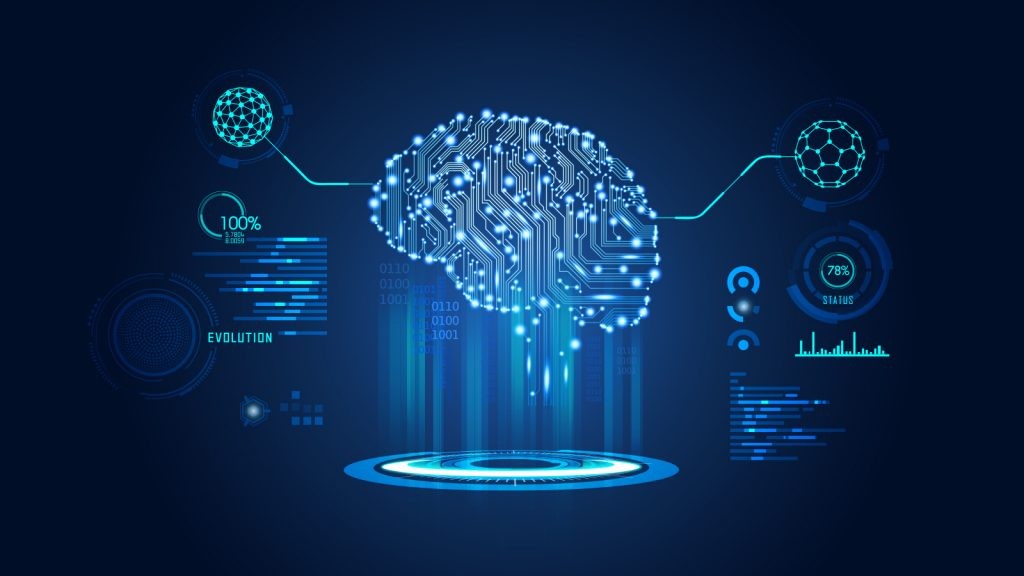Project management is a complex and demanding discipline that requires careful planning, efficient resource allocation, and precise execution. The success of a project often hinges on how well it is managed from start to finish. In recent years, AI Project Management has emerged as a game-changer in the world of project management. AI tools and techniques are revolutionizing the way projects are planned, executed, and monitored. In this blog, we will explore the role of AI in project management and how it enhances the entire project lifecycle.
The AI Revolution in Project Management
Traditionally, project managers relied on their experience, intuition, and spreadsheets to plan and execute projects. While these methods have their merits, they are often limited by human error, lack of real-time data, and an inability to analyze vast amounts of information. AI, on the other hand, can handle these challenges with ease.
1. Intelligent Planning
One of the most crucial phases of any project is planning. AI algorithms can analyze historical project data, assess risk factors, and generate comprehensive project plans with precise timelines and resource allocations. These AI-driven plans are not static but adaptive, as they can adjust in real-time based on changing circumstances, ultimately improving project success rates.
2. Resource Allocation
Optimal resource allocation is a key factor in project success. AI can analyze resource availability and match skills to specific tasks more efficiently than human planners. It can also predict when additional resources may be needed and allocate them accordingly, ensuring that projects remain on track.
3. Risk Management
AI excels at identifying potential risks and suggesting mitigation strategies. By analyzing historical data and current project variables, AI algorithms can provide early warnings about potential issues, allowing project managers to take proactive measures to mitigate them.
4. Real-time Monitoring
AI offers real-time project monitoring, which is a significant advancement over traditional project management tools. It can track project progress, identify bottlenecks, and provide alerts for deviations from the plan. This real-time feedback enables project managers to make data-driven decisions swiftly.
5. Data-driven Decision-making
AI’s ability to process and analyze vast datasets enables project managers to make informed decisions. By providing insights into project performance, AI can suggest alternative courses of action, helping project managers choose the most efficient path to success.
6. Predictive Analytics
AI can predict project outcomes with a high degree of accuracy. By analyzing historical data and current project parameters, AI can forecast potential issues, identify areas of improvement, and help project managers make strategic decisions.
7. Enhanced Communication
AI-powered chatbots and virtual assistants can improve communication within project teams. They can answer routine queries, schedule meetings, and provide information on project status, reducing the administrative burden on project managers.
AI Implementation Challenges
While AI has immense potential to enhance project management, it is not without its challenges. Implementing AI tools in project management requires careful consideration of data privacy, security, and ensuring that team members are adequately trained to work with AI systems. Moreover, AI is not a one-size-fits-all solution and must be tailored to the specific needs of each project and organization.
The Future of AI in Project Management
As AI technology continues to advance, we can expect even greater integration and sophistication in project management. Here are some possible future developments:
- AI-assisted decision-making: AI systems may take on a more active role in suggesting and implementing decisions within the project management process.
- Integration with other tools: AI will likely become more seamlessly integrated with project management software, creating a comprehensive ecosystem for project managers.
- Enhanced predictive capabilities: AI algorithms will become even better at predicting project outcomes and potential issues, further reducing the uncertainty in project management.
- AI-driven automation: Routine project management tasks can be automated with AI, freeing up project managers to focus on more strategic aspects of their work.
- Enhanced collaboration: AI will continue to improve team collaboration by providing insights and facilitating communication among team members.
In conclusion, AI is transforming project management from planning to execution. Its ability to process data, make predictions, and optimize resource allocation can significantly enhance project success rates. While challenges exist in implementing AI, its potential benefits far outweigh the obstacles. As AI technology continues to evolve, project managers who embrace these tools will be better equipped to navigate the complex landscape of modern project management and deliver successful outcomes for their organizations.
